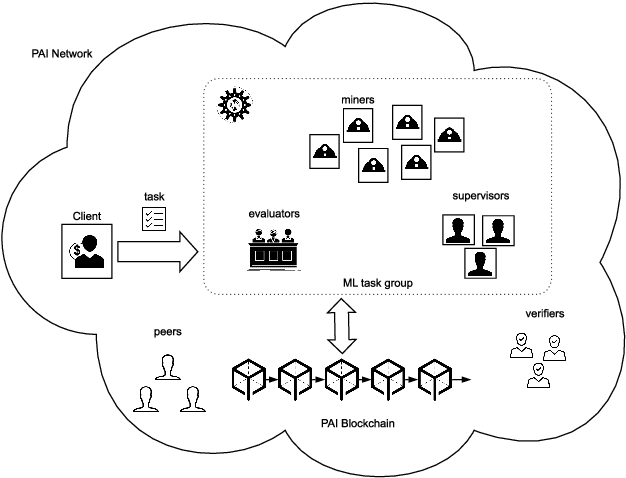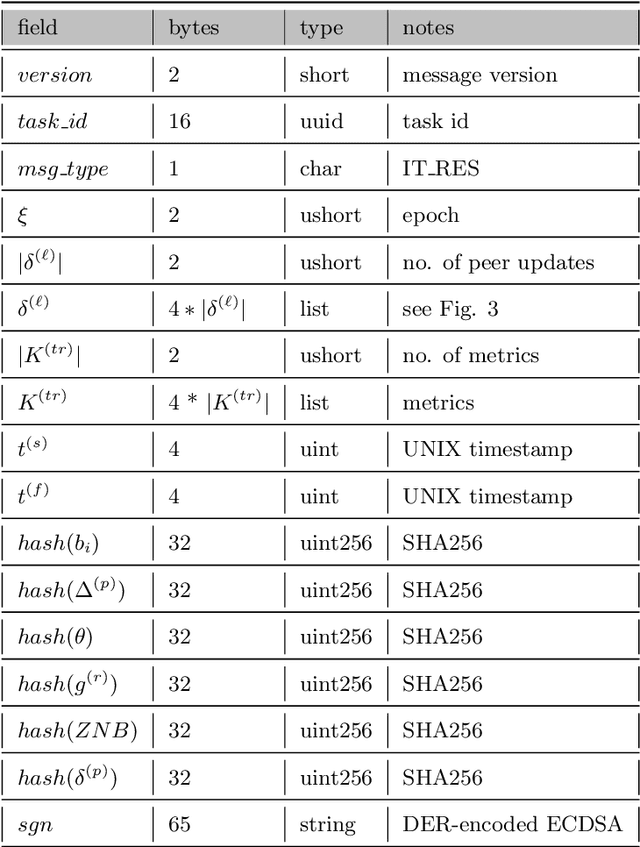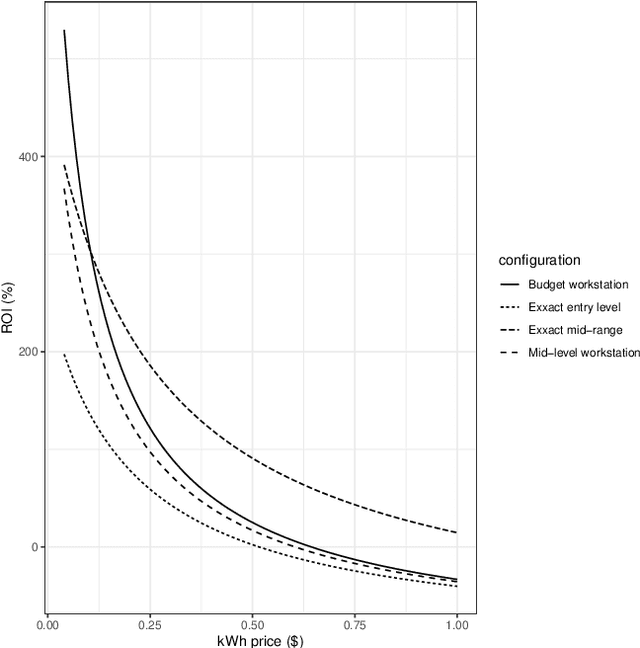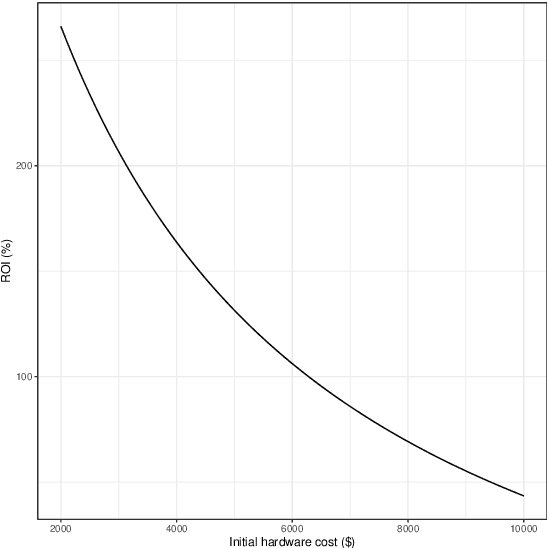Andrei Lihu
Fractional dynamics foster deep learning of COPD stage prediction
Mar 13, 2023Abstract:Chronic obstructive pulmonary disease (COPD) is one of the leading causes of death worldwide. Current COPD diagnosis (i.e., spirometry) could be unreliable because the test depends on an adequate effort from the tester and testee. Moreover, the early diagnosis of COPD is challenging. We address COPD detection by constructing two novel physiological signals datasets (4432 records from 54 patients in the WestRo COPD dataset and 13824 medical records from 534 patients in the WestRo Porti COPD dataset). The authors demonstrate their complex coupled fractal dynamical characteristics and perform a fractional-order dynamics deep learning analysis to diagnose COPD. The authors found that the fractional-order dynamical modeling can extract distinguishing signatures from the physiological signals across patients with all COPD stages from stage 0 (healthy) to stage 4 (very severe). They use the fractional signatures to develop and train a deep neural network that predicts COPD stages based on the input features (such as thorax breathing effort, respiratory rate, or oxygen saturation). The authors show that the fractional dynamic deep learning model (FDDLM) achieves a COPD prediction accuracy of 98.66% and can serve as a robust alternative to spirometry. The FDDLM also has high accuracy when validated on a dataset with different physiological signals.
A Proof of Useful Work for Artificial Intelligence on the Blockchain
Jan 25, 2020



Abstract:Bitcoin mining is a wasteful and resource-intensive process. To add a block of transactions to the blockchain, miners spend a considerable amount of energy. The Bitcoin protocol, named 'proof of work' (PoW), resembles a lottery and the underlying computational work is not useful otherwise. In this paper, we describe a novel 'proof of useful work' (PoUW) protocol based on training a machine learning model on the blockchain. Miners get a chance to create new coins after performing honest ML training work. Clients submit tasks and pay all training contributors. This is an extra incentive to participate in the network because the system does not rely only on the lottery procedure. Using our consensus protocol, interested parties can order, complete, and verify useful work in a distributed environment. We outline mechanisms to reward useful work and punish malicious actors. We aim to build better AI systems using the security of the blockchain.
 Add to Chrome
Add to Chrome Add to Firefox
Add to Firefox Add to Edge
Add to Edge